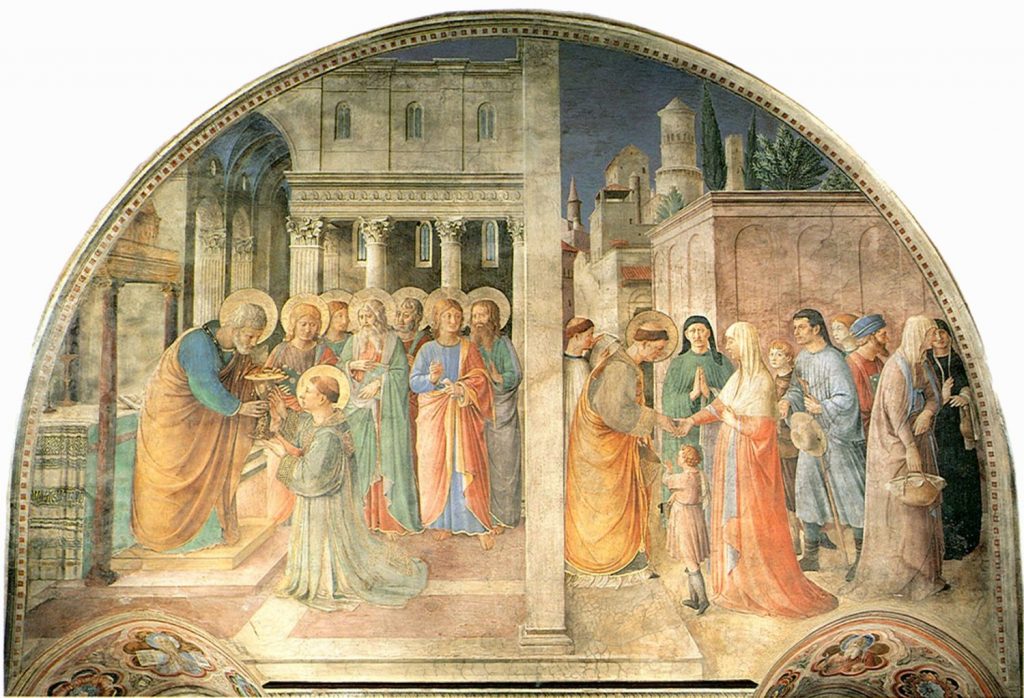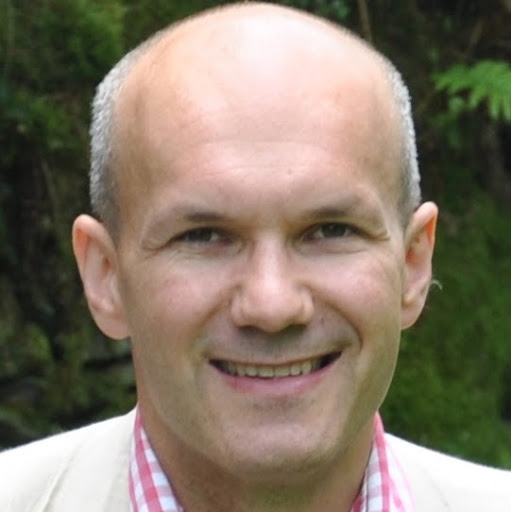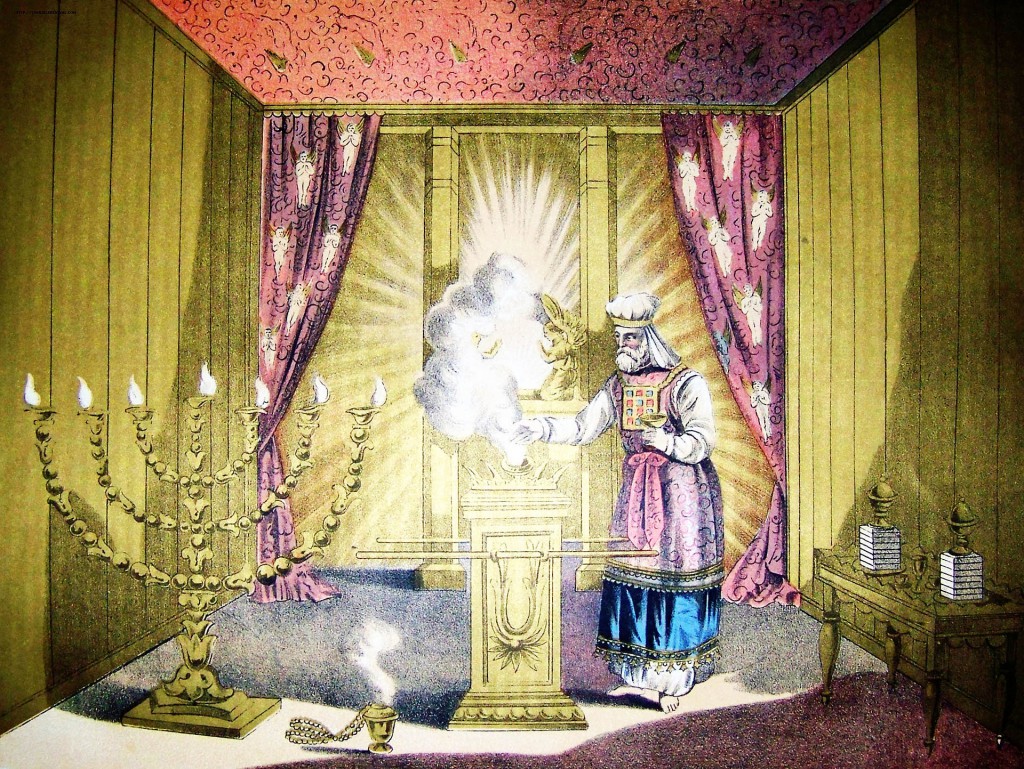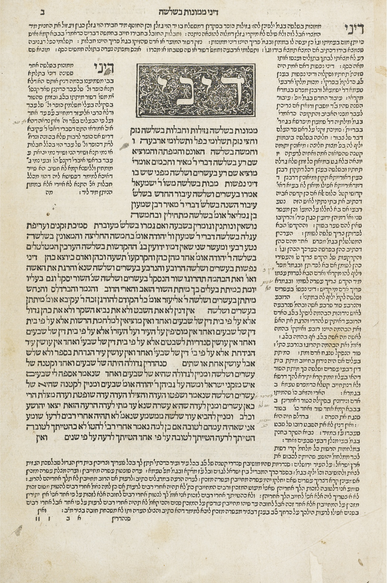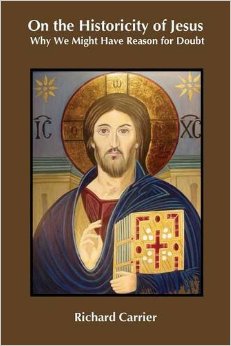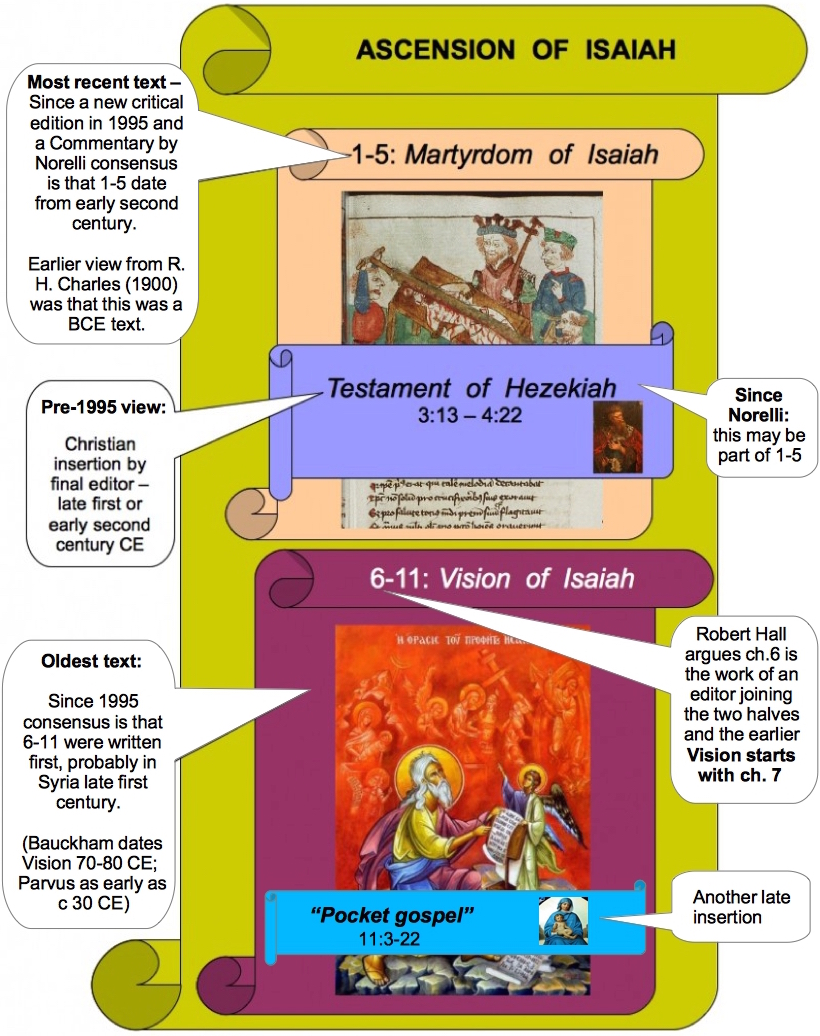Part 3: John Displaces and Rewrites the Cleansing of the Temple

All four evangelists recount Jesus’ cleansing of the temple at Jerusalem. The Synoptics (Matthew, Mark, and Luke) place the event during the week before the crucifixion, while John sets it near the very start of Jesus’ ministry. In the ancient church, many, if not most, commentators assumed these accounts of disturbances at the temple described two different events. In fact, you can find apologists today who claim Jesus did it every time he went to Jerusalem, which — if we harmonize John with the other three — suggests that it happened three times or more.
At this point, we’re not going to cover all the detailed reasons that most scholars now believe the pericopae in John and the Synoptics refer to the same event. Nor will we dwell for long on the arguments concerning whether John knew Mark or a pre-Markan oral tradition. As I’ve said many times before, I maintain that John knew the written gospel of Mark. In this case, he used Mark’s account of the cleansing, but he moved it in time and changed it in form and substance for theological reasons.
Background
John agrees with the Synoptics on several basic elements. Jesus arrives in Jerusalem during the time of the Passover, enters the temple’s outer courtyard, and begins to make a scene. We have similar vocabulary in both versions, including the words for “tables” [τράπεζα (trapeza)] and “money changers” [κολλυβιστῶν (kollybistōn)].
In the Johannine and Markan versions, Jesus is wholly successful. John says he drove them “all” [πάντας (pantas)] out, while Mark claims that nobody could carry a vessel through the temple. Both evangelists concur that for a period of time, just before Passover, Jesus single-handedly blocked all temple trade. On the other hand, parts of John’s story diverge from the Markan source. For example, in John’s version we have not just birds and money changers, but large, domesticated animals: sheep and oxen. Did you ever wonder whether they really had livestock pens in the temple courtyard? Andrew Lincoln, in his commentary on the Gospel of John notes:
John’s addition of animals as large as cows has produced some questions about its verisimilitude. Jewish sources fail to mention such animals in the temple precincts and their excrement would have caused problems of pollution of the sacred site. (Lincoln, 2005, p. 137, emphasis mine)
For scholars who think John contains actual eyewitness material, these sorts of puzzles usually elicit a shrug and a “Why not?” However, those of us who are unencumbered by the anxiety of historicity may rightly ask: “Why did John embellish upon the legend? What is the significance behind Jesus’ driving out the sacrificial animals? Is it a portent of the passing of the age of sacrifice (post 70 CE) or is it something else?”
Continue reading “How John Used Mark: Investigating the Methods of the Fourth Evangelist (Part 3)”

